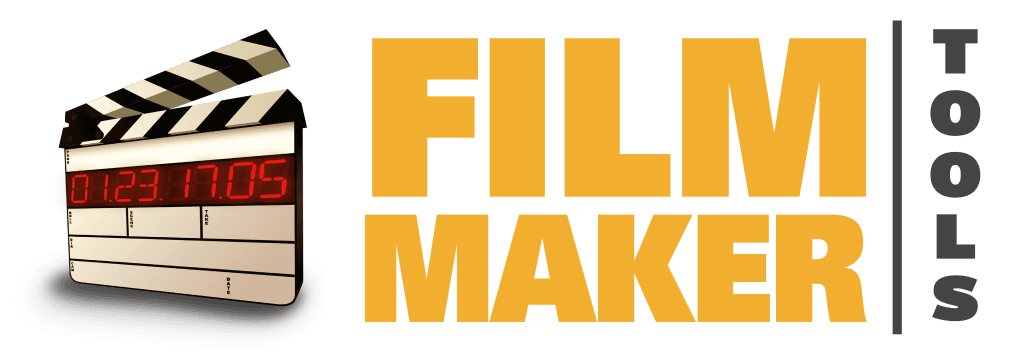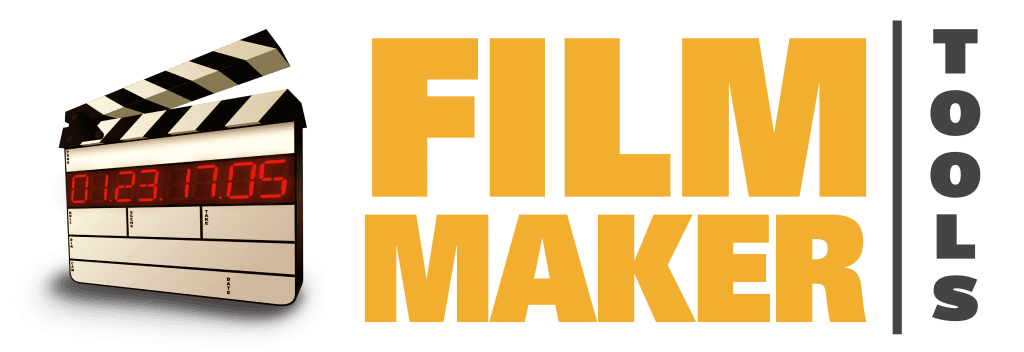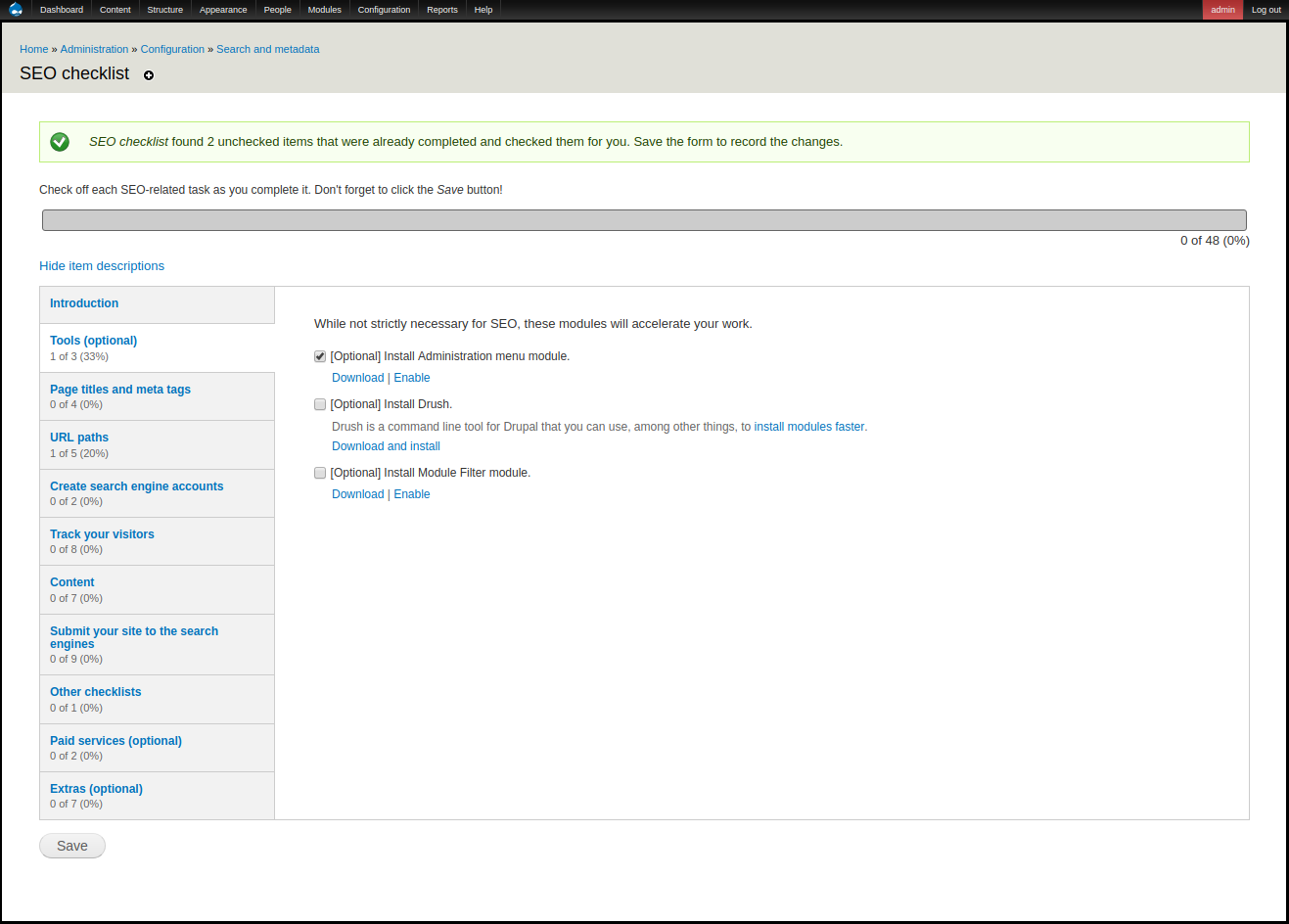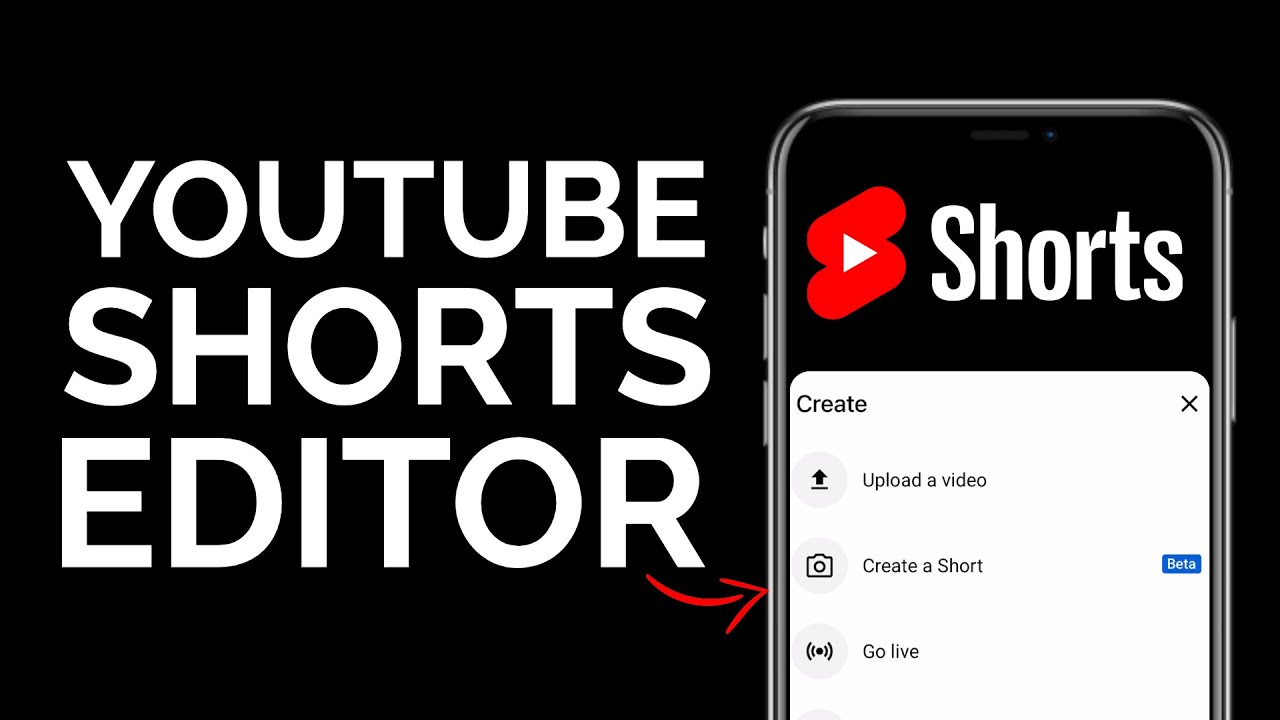Filmmaking is an exciting art. It combines creativity with technology. Aspiring filmmakers need the right tools. The right tools help bring your vision to life. In this article, we will explore essential filmmaker tools. From cameras to software, we’ll cover it all. Let’s dive into the world of filmmaking!
——
1. Cameras
A good camera is the heart of filmmaking. It captures your story visually. Here are some popular types of cameras used by filmmakers:
- DSLR Cameras: Great for beginners. They offer high-quality images.
- Mirrorless Cameras: Lightweight and compact. They provide excellent video quality.
- Camcorders: User-friendly. Perfect for long videos and events.
- Smartphone Cameras: Convenient and always with you. Many smartphones shoot in 4K.

2. Lenses
The lens you choose affects your film’s look. Different lenses create different effects. Here are some common types of lenses:
- Standard Lens: Versatile and great for general use.
- Wide-Angle Lens: Captures more of the scene. Ideal for landscapes.
- Telephoto Lens: Zooms in on distant subjects. Perfect for portraits.
- Macro Lens: Captures tiny details. Great for close-ups.
3. Tripods and Stabilizers
Stability is key to good filmmaking. A shaky camera can ruin your film. Here are tools to keep your shots steady:
- Tripod: Provides a stable base. Helps in capturing still shots.
- Gimbal: Stabilizes moving shots. Ideal for action scenes.
- Slider: Allows smooth horizontal movement. Creates dynamic shots.
4. Lighting Equipment
Good lighting sets the mood. It enhances your story. Here are essential lighting tools:
- Softbox: Creates soft, diffused light. Reduces harsh shadows.
- LED Lights: Energy-efficient and versatile. Great for different settings.
- Reflectors: Bounce light back onto your subject. Helps fill in shadows.
- Natural Light: Use sunlight for free lighting. Perfect for outdoor shoots.
5. Sound Equipment
Sound is as important as visuals. Clear audio enhances storytelling. Here are sound tools you need:
- Shotgun Microphone: Captures sound from a specific direction. Useful for interviews.
- Lavalier Microphone: Small and clip-on. Great for dialogue.
- Audio Recorder: Records high-quality sound. Useful for capturing ambient noise.

6. Editing Software
Editing is where the magic happens. It shapes your story. Here are popular editing software options:
- Adobe Premiere Pro: Industry standard for professional editing. Offers advanced features.
- Final Cut Pro: Great for Mac users. Fast and user-friendly.
- DaVinci Resolve: Free version available. Excellent for color grading.
- iMovie: Simple and effective. Great for beginners on Mac.
7. Storyboarding Tools
Storyboarding helps visualize your film. It’s a roadmap for your project. Here are tools to create storyboards:
- Storyboard That: Online tool for easy storyboarding. User-friendly and fun.
- Toon Boom Storyboard Pro: Professional tool for detailed storyboards. Offers animation features.
- Paper and Pencil: Classic method. Draw scenes by hand for a personal touch.
8. Collaboration Tools
Filmmaking is a team effort. Good communication is key. Here are tools to keep your team connected:
- Trello: Organize tasks and schedules. Keep everyone on the same page.
- Slack: Chat tool for instant communication. Ideal for quick updates.
- Google Drive: Share files easily. Collaborate on scripts and documents.
9. Distribution Tools
Getting your film seen is crucial. Distribution tools help share your work. Here are some options:
- YouTube: Free platform to showcase your films. Reach a large audience.
- Vimeo: Professional platform for filmmakers. Great for showcasing work.
- Film Festivals: Submit your film to festivals. Gain exposure and recognition.
10. Online Learning Resources
Learning is a lifelong journey. Many resources can help you improve. Here are some online learning platforms:
- MasterClass: Learn from industry leaders. Offers courses on filmmaking.
- Udemy: Variety of filmmaking courses. Suitable for all skill levels.
- YouTube: Free tutorials on every aspect of filmmaking. Great for visual learners.
——
Frequently Asked Questions
What Tools Do Filmmakers Commonly Use?
Filmmakers often use cameras, editing software, sound equipment, and lighting tools to create their projects.
How To Choose The Right Camera?
Selecting a camera depends on your budget, shooting style, and the specific needs of your film project.
What Is The Best Editing Software?
Popular editing software includes Adobe Premiere Pro, Final Cut Pro, and DaVinci Resolve, each suited for different needs.
How To Improve Sound Quality In Films?
Use high-quality microphones, soundproofing, and proper mixing techniques to enhance sound quality in your films.
——
Completion
Filmmaking is a blend of art and technology. The right tools can make a big difference. Whether you are a beginner or an expert, investing in quality tools is essential. Start with the basics, then expand your toolkit. With practice and the right equipment, you can create amazing films. Remember, every filmmaker starts somewhere. Keep learning and experimenting. Your filmmaking journey awaits!




Leave a Reply